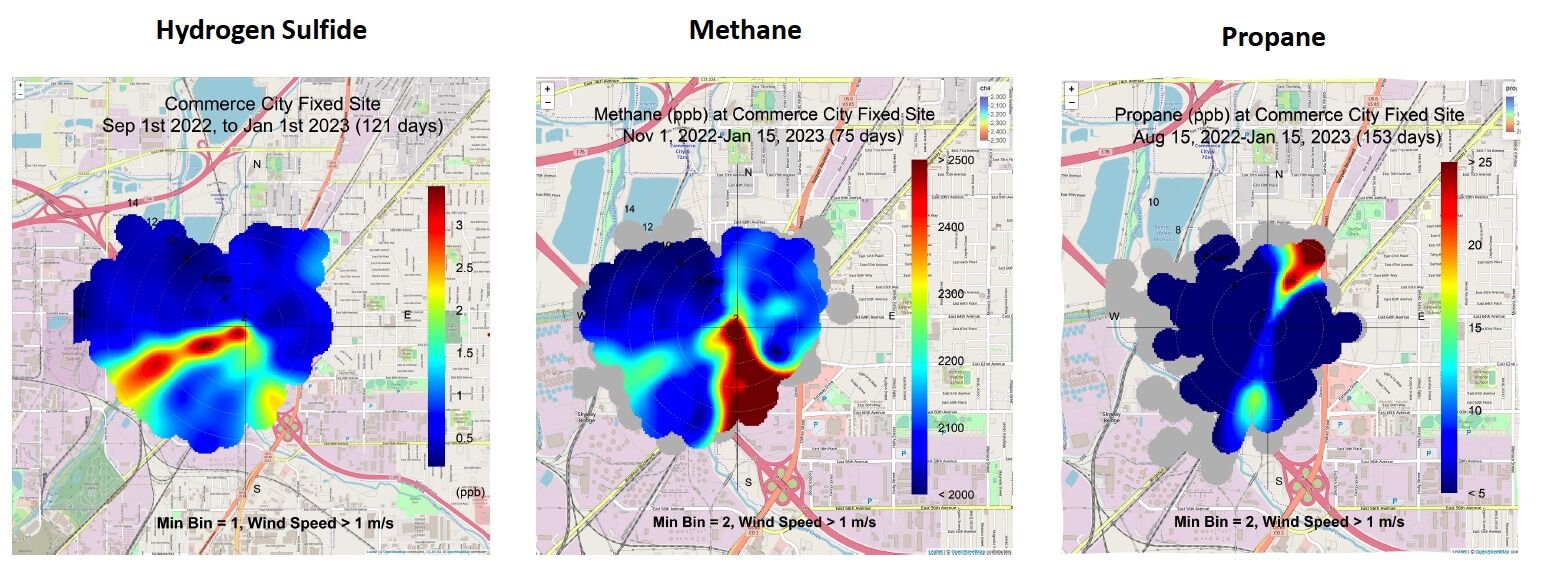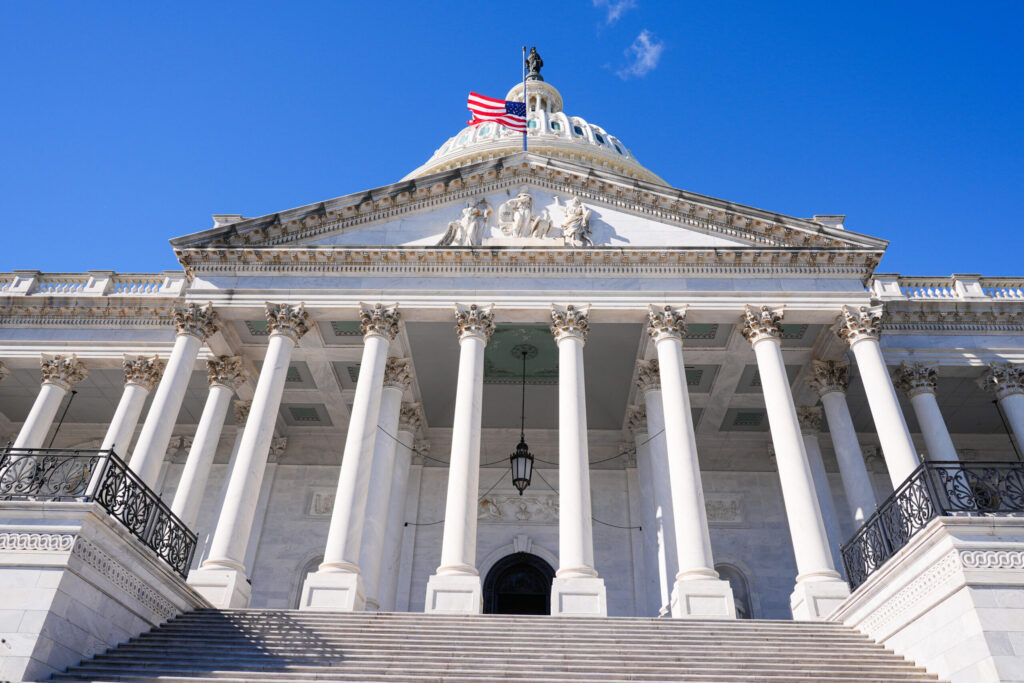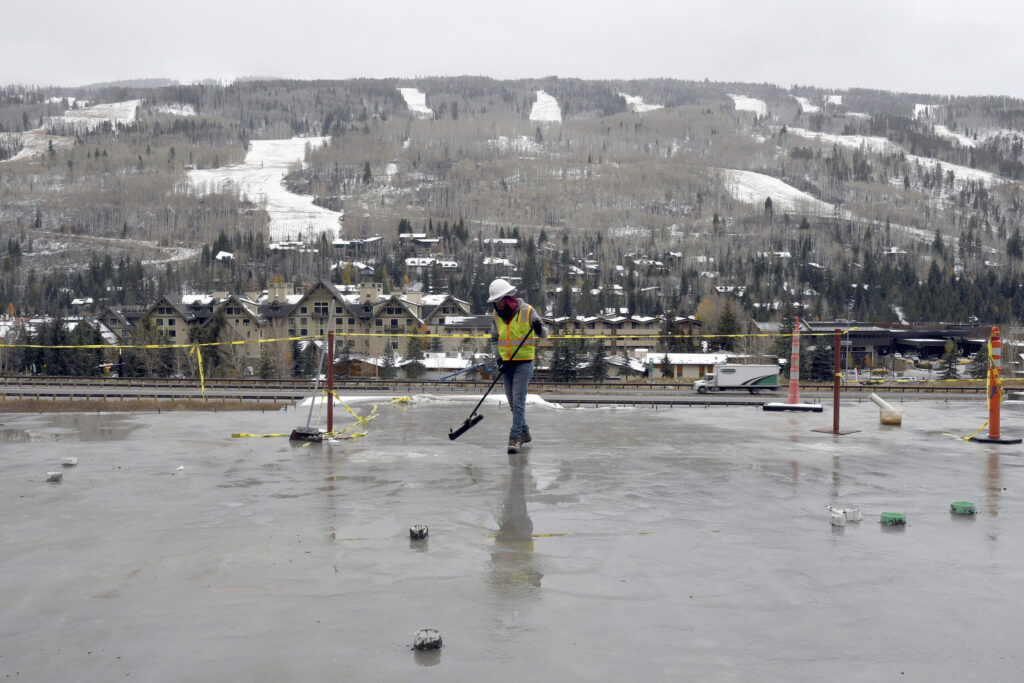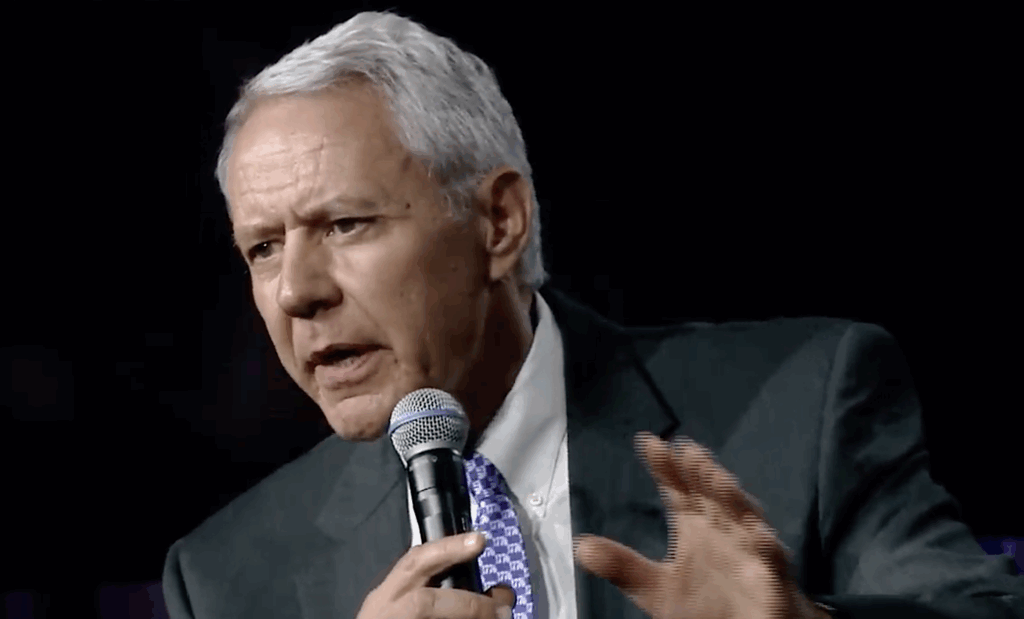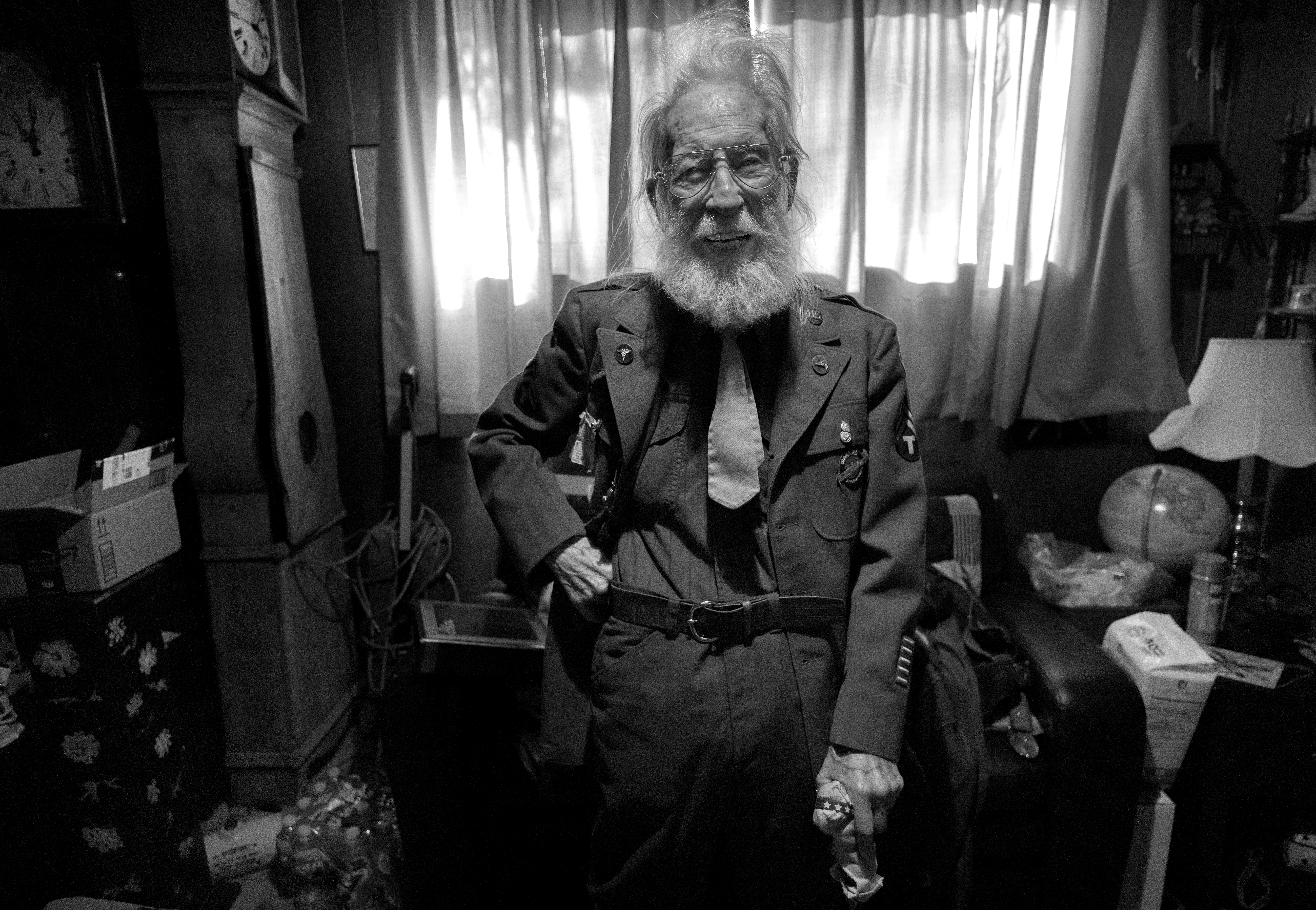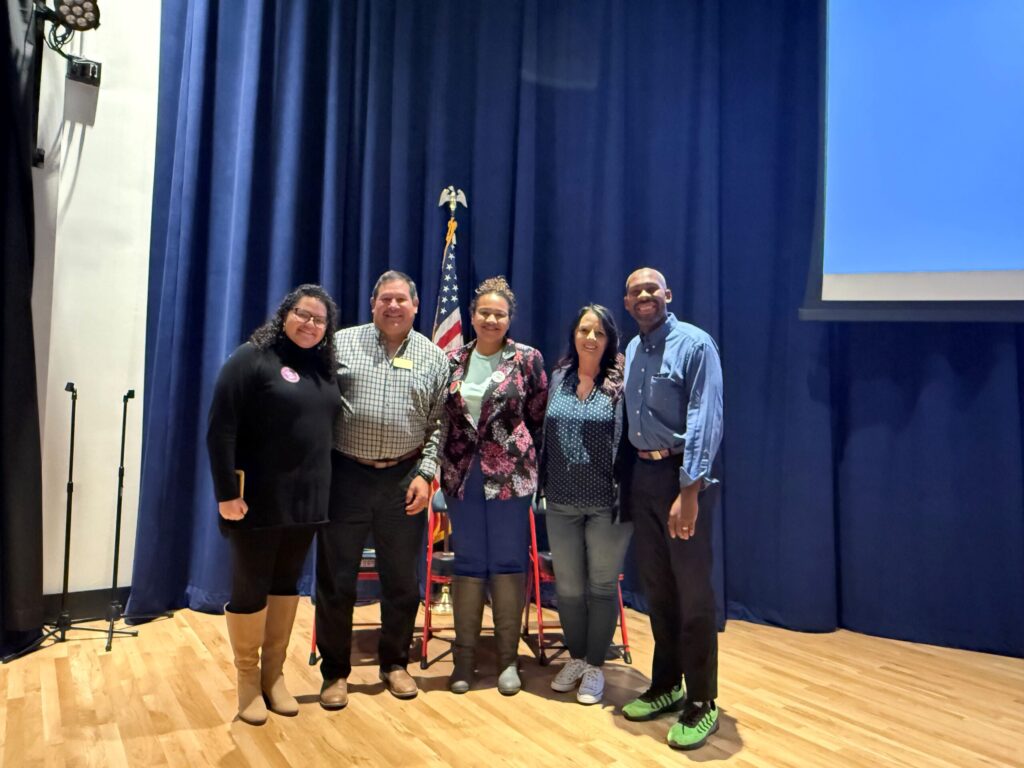Environmental groups sue Colorado air pollution regulators for not going far enough

The Colorado Air Quality Control Commission is being sued for not creating a stringent enough rule for emissions monitoring in disproportionally impacted communities. Earthjustice, which is representing environmental groups GreenLatinos, 350 Colorado, and Earthworks, filed the suit Tuesday.
The plaintiffs allege that the rule fails to ensure that residents of communities that have “long borne a disproportionate share of adverse human and environmental effects from polluting industries” receive the protections provided by the state Environmental Justice Act (EJA) created by HB 21-1266.
“The EJ Act requires polluters to do stringent monitoring and modeling in disproportionately impacted communities. The rule as passed by the commission won’t accomplish this, making it impossible to protect communities – it’s as simple as that,” said Heidi Leathwood, climate policy analyst with 350 Colorado. “The commission must be held to account.”
The Colorado Department of Public Health and Environment and the Air Quality Control Commission are aware of the complaint filed by Earthjustice on behalf of its clients, said Kate Malloy, interim communications unit supervisor for the Colorado Air Pollution Control Division, in a statement to The Denver Gazette. “The department will thoroughly review the claims and then decide how to respond through legal proceedings.”
Earthjustice said the EJA requires enhanced point-source monitoring and modeling for “for new and modified sources of affected pollutants in disproportionately impacted communities.”
“Our members’ commitment to working with state agencies and disproportionately impacted communities to meet these tough new standards won’t be deterred by activist lawsuits,” said Dan Haley, president and CEO of the Colorado Oil and Gas Association. “We think the changes are a step toward improving air quality for those most disadvantaged in our communities. Our focus is on improving air quality beyond the gains we’ve already realized.”
The state rule divides disproportionately impacted communities into two categories, one that requires modeling and individual facility emissions monitoring where emissions exceed certain rule thresholds, and another that requires new and modified sources to pay a one-time fee into a community air monitoring program.
Plaintiffs allege the commission exceeded its authority by creating these classes and insists the stringent modeling and monitoring requirements of the Act must apply to all sources. They also challenged the rule’s maximum emissions quantification standards, below which the rule would not apply.
“Of the thousands of permits the Division issues each year, GreenLatinos estimates that, under the Rule, less than one-half of one percent will be subject to enhanced modeling or source-specific monitoring for Criteria Affected Pollutants,” according to the complaint.
“The department and the commission remain committed to protecting air quality for all Coloradans, no matter where they live,” said Malloy. “The rule amendments the commission adopted in May 2023 demonstrate this commitment by taking full advantage of the authority granted by the Colorado Environmental Justice Act and incorporating feedback from community members and other stakeholders that strengthened the rule.”
Earthjustice also said in the complaint the new rules only cover seven of the most common air pollutants. They are asking that a list of at least 29 other substances be included in the rule, as well as source-specific ongoing monitoring so that disproportionately impacted community members can identify specific sources.
“While the commission recognized the need for more modeling and monitoring, which was seen as a positive step forward, groups note that the state will not be able to halt the harm to disproportionately impacted communities without the ability to trace pollution to a specific source. The requirements must apply to the sources themselves and enough of them to be meaningful,” according to the lawsuit.
Colorado was the second state in the nation to pass a groundbreaking rule like this to prioritize reducing pollution for communities that are cumulatively impacted by multiple sources of pollution, according to Malloy.
“The department continues exploring additional actions to further provide impacted communities a voice and seat at the table when it comes to air quality,” Malloy said. “The department has always prioritized the health and wellbeing of every Coloradan and knows there’s still more work to do.”

